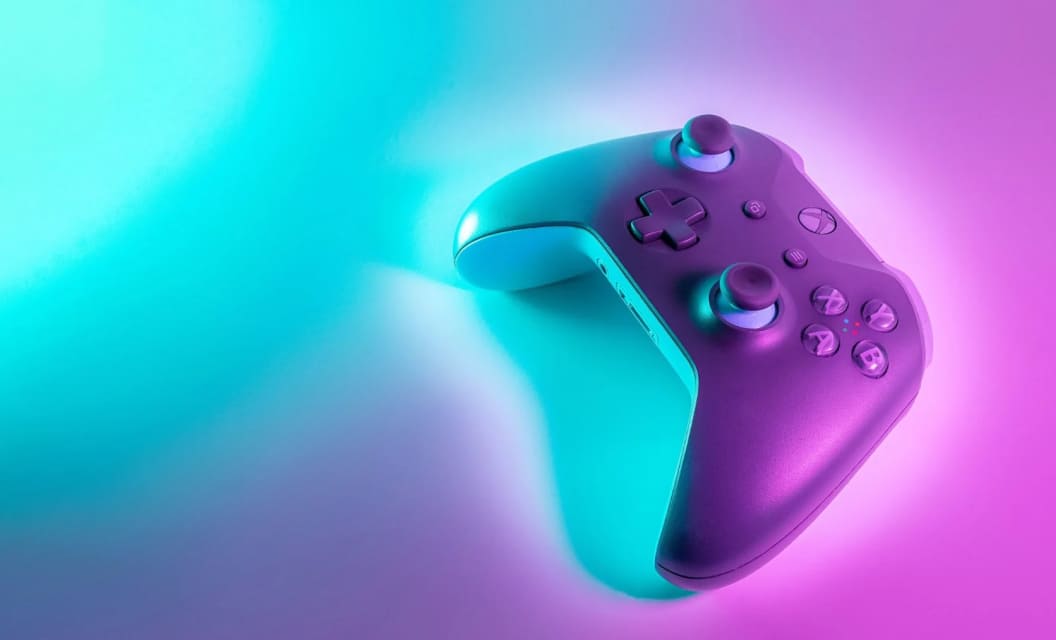
There's no denying it.
Generative AI is disrupting several industries, but gaming may be the most impacted by this technology. In fact, the venture capitalist firm Andreessen Horowitz (a16z) recently claimed generative AI will affect video games more than any other entertainment sector. Analysts at market.us also suggest the AI gaming market will grow from a current valuation of $922 million to $7.15 billion before 2035.
There’s little question AI will influence the video game market, but what does this mean for NFT gaming? How will AI-enabled NFTs change the future video game experience?
From text-based art production to streamlined coding instructions, AI makes it easier for developers to get their games to the market quickly. Recent reports from Mastercard suggest gaming projects that used to take years to finalize now take a few months with AI assistants. Microsoft’s Flight Simulator exemplifies AI’s power in video game development. Thanks to the technologies on Blackshark.ai, Microsoft was able to put together this ambitious open-world title within three years, much less than the standard time it takes to complete a title of comparable scale.
Researchers at a16z believe AI development tools will increase the total number of games produced each year, leading to a rise in “micro studios.” Now that more people have sophisticated coding tools at their fingertips, it will be easier for non-developers to create independent games for personal use or sale.
While it’s still too early to predict the ultimate ramifications of AI in gaming, many analysts believe these tools will lead to a greater output of games and increased opportunities for gamers to interact with and personalize their experience.
NFTs in video games are nothing new. In fact, some of the most popular NFT projects (think “Axie Infinity” and CryptoKitties) are NFT-based games. However, the use of AI-enabled NFTs in games is a novel development in the crypto space. Although there’s a lot of conjecture over how AI NFTs will work in video games, a few use cases have begun to emerge in the industry.
Recent surveys suggest most NFT collectors buy these tokens as avatars to express their Web3 identity. But what if AI technology made it possible for someone’s Web3 avatar to become someone’s online assistant?
With the introduction of “Intelligent NFTs” on sites like Alethea AI, gamers can see how AI-enabled NFT avatars might make their online experience more interactive and immersive. For example, on Alethea AI’s Noah’s Ark platform, people can build an iNFT to serve as a companion or another player in a battle of wits.
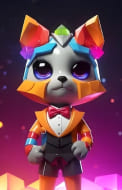
From text-based art production to streamlined coding instructions, AI makes it easier for developers to get their games to the market quickly
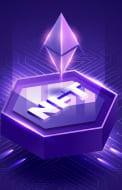
From text-based art production to streamlined coding instructions, AI makes it easier for developers to get their games to the market quickly
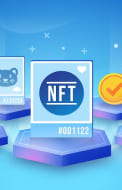
From text-based art production to streamlined coding instructions, AI makes it easier for developers to get their games to the market quickly
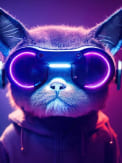
From text-based art production to streamlined coding instructions, AI makes it easier for developers to get their games to the market quickly